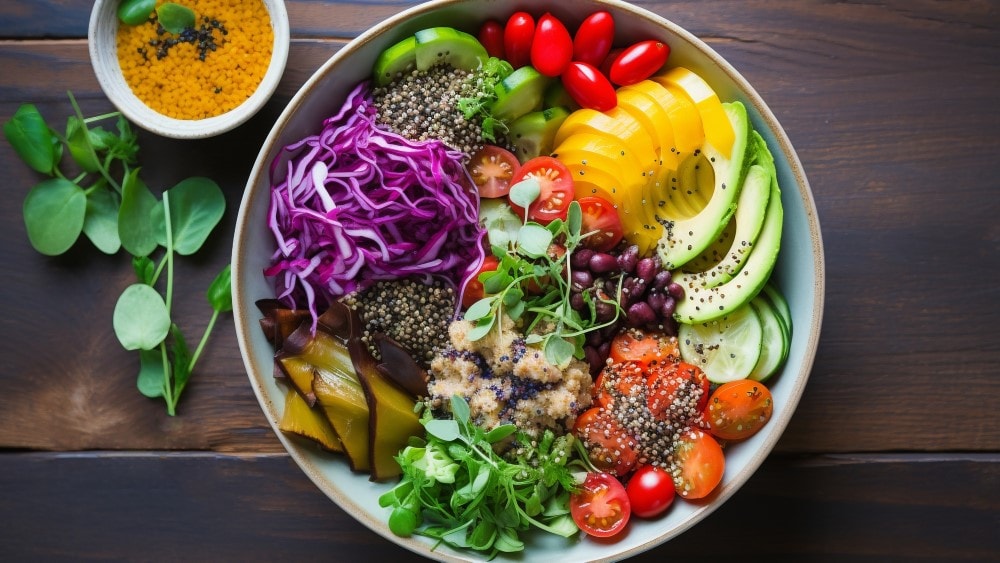
Intermittent fasting has gained popularity as a flexible eating pattern that focuses more on when you eat rather than what you eat. If you’re considering trying a full day of intermittent fasting, it’s important to approach it with a plan that will help you stay committed and make the most of your fasting day.
In this post, we will explore five practical tips that can help you navigate through a full day of intermittent fasting successfully, allowing you to reap the health benefits while maintaining your energy and focus.
1. Start with a Balanced Meal
Before you begin your fasting period, it’s crucial to have a balanced meal. Choose foods that are rich in protein, healthy fats, and complex carbohydrates. This combination will provide a slow and steady release of energy, helping to keep you full longer and prevent sudden hunger pangs. Consider including foods like eggs, avocados, whole grains, and leafy greens to maximize nutrient intake before your fasting begins.
2. Stay Busy to Distract Your Mind
One of the challenges of a full day of intermittent fasting is managing cravings and hunger. Keeping yourself busy with activities can be an excellent way to distract your mind from thoughts of food. Engage in work, hobbies, exercise, or social activities to keep your mind occupied. Staying busy not only helps time pass more quickly but also reduces the temptation to break your fast impulsively.

3. Stay Hydrated with Smart Choices
Hydration plays a critical role during fasting. Drinking water throughout the day helps to manage hunger and keeps your body functioning optimally. In addition to water, consider having herbal teas or black coffee, which can provide a sense of fullness without breaking your fast. Avoid sugary drinks and sodas, as they can cause blood sugar spikes and increase hunger.
4. Manage Hunger with Electrolytes
As you fast, your body may lose essential electrolytes, leading to feelings of fatigue or dizziness. To prevent this, consider consuming electrolyte-rich drinks like bone broth or adding a pinch of salt to your water. These options can help maintain your energy levels and prevent dehydration, making it easier to complete your fasting period without feeling weak or tired.
5. Gradually Reintroduce Food
When your fasting period ends, it’s tempting to indulge in a large meal, but it’s best to reintroduce food gradually. Start with something light, like a smoothie or a handful of nuts, to ease your digestive system back into processing food. Gradually add more substantial foods, like lean proteins and vegetables, to avoid overwhelming your stomach and to help your body transition smoothly from fasting to eating.
Intermittent fasting can be a beneficial practice for those looking to improve their health and wellness, but it’s essential to do it mindfully. By following these tips, you can ensure that your full day of fasting is productive, healthy, and sustainable. Remember, the key to a successful fast is preparation, hydration, and making smart choices before, during, and after your fasting period.






